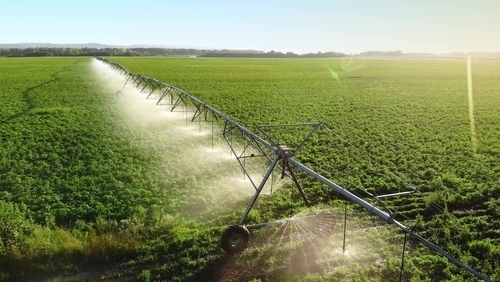Sustainable water management in agriculture
Only through sustainable water management can we ensure the availability of water for future generations. This approach requires a careful balance between social and economic needs and environmental protection, aiming to preserve the integrity of water ecosystems without compromising viability.
Some practices that can contribute to sustainable water management in agriculture include:
- Rainwater harvesting and use: rainwater harvesting can be a valuable source of water for irrigation. This practice can be implemented through the construction of reservoirs or rainwater harvesting and purification systems.
- Recycling wastewater for irrigation: treating wastewater from agricultural or industrial processes allows the fluids to be reused for irrigation. This also reduces reliance on surface or groundwater resources.
- Promotion of agricultural practices that reduce the need for irrigation: adopting sustainable agricultural practices, such as growing drought-resistant plants or using cultivation techniques that improve water retention in the soil, can reduce the need for irrigation.
The FAO and the United Nations emphasize the critical importance of more sustainable and efficient agricultural practices to meet growing demand and environmental and socio-economic challenges. In response, Idro Group is committed to providing solutions that comply with environmental and regulatory requirements, taking the lead in protecting water resources.
For a more sustainable future, join Idro Group in our mission. Find out how we can transform water management. Contact us today!






